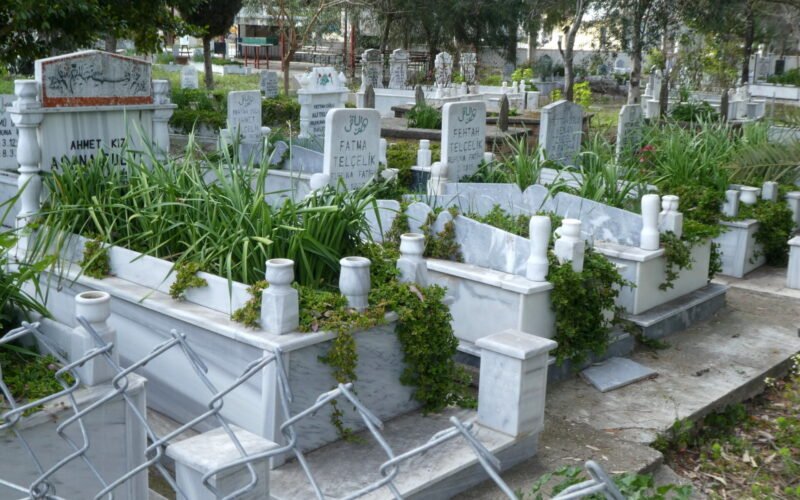The question of whether a Muslim woman can visit graveyard has remained a matter of debate for years.
While few ulemas consider visiting graves as a good deed that reminds a person of death and the hereafter, a few ulemas argue that women, due to their soft nature, should not visit the graveyard, as per different sources.
In the name of Allah, who is the most merciful and the most beneficial
The question of whether it is permissible for a Muslim woman to visit a graveyard has remained a matter of discussion for centuries.
The table below shows two different opinions, their jurisprudence, and the reasons for this debate:
| OPINION | JURISPRUDENCE | Reason |
| ALLOWED | Based on Hadith regarding why one should visit grave Sahih Muslim Book 11 Hadis 135 | The Hadith mentions that one must visit the graveyard because that reminds a person of death and life Hereafter so he prepares himself and involves himself in good deeds |
| FORBIDDEN | Based on the fact the visits lead to innovation and bidah and muslims women must not visit the grave. Sahih Bukhari | As per Sheikh Badr Ibn Alee and Zakir Naik, a woman must not visit the grave because of emotional behavior as mentioned in several places that can lead to innovations or biddah. |
Some Islamic scholars argue that women visiting graveyards are allowed and even preferred. This perspective is rooted in the following jurisprudential bases as the practice of visiting graves is encouraged in Islam, as highlighted by authentic Hadith that mention the benefits of such visits in reminding individuals of the Hereafter. This encouragement applies to both men and women.
Some scholars hold the opinion that women visiting graveyards are makrooh due to concerns about potential emotional distress and the introduction of innovations in Bidah. Their reasoning may be influenced by their desire to protect women from practices that deviate from authentic Islamic teachings.
Moreover, the prohibition of women visiting graveyards primarily targets excessive visits that involve innovations and polytheism. Scholars who hold this view aim to prevent superstitious practices and misguided beliefs associated with grave visitation.
In conclusion, the permissibility of Muslim women to visit graveyards in Islam is a matter on which scholars hold different opinions. While some scholars allow and even encourage such visits, others consider them makrooh or even forbidden, primarily to prevent bidah and innovations.
Ultimately, the decision on whether Muslim women should visit graveyards should consider individual circumstances, emotional preparedness, and adherence to authentic Islamic practices. Seeking guidance from qualified Islamic scholars or local religious authorities is advisable.
May Allah guide us all to what is right and beneficial. Allah knows best.
Got a question? Feel free to ask mufti and get quick answers.
MORE:
- Can I Fast Only One Day on 9 or 10 Muharram?
- Is the Labubu Doll Haram in Islam?
- Is There a Reward for Listening to the Quran Without Understanding It?
- Can Wife Request Separate House, Clothing, and Full Mahr From Husband?
- Is Wearing Ring or Chain Haram or Halal in Islam – Gold/Silver
- Is Dropshipping Haram or Halal in Islam?
- Is Keeping Dogs In The House Haram (No Permissible) As Per Islamic law?
- What to do if you miss Eid Salah?
Discover more from The Islamic Information
Subscribe to get the latest posts sent to your email.











![Are Marshmallows Halal or Haram? Can Muslims Eat It? [year] 22 Are Marshmallows Halal or Haram](https://theislamicinformation.com/wp-content/uploads/2023/08/Are-Marshmallows-Halal-or-Haram-260x195.jpeg)
